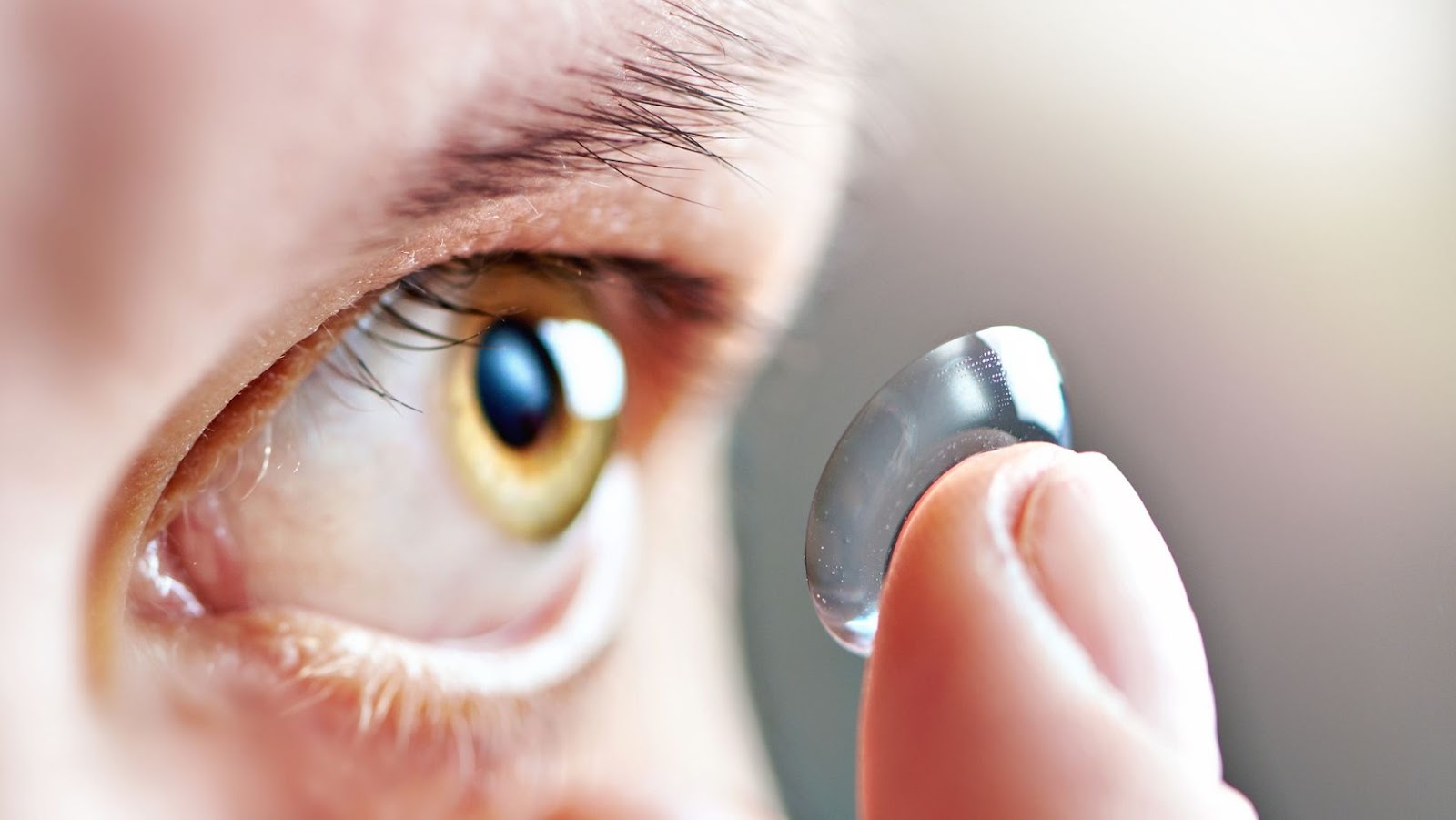Going to the beach is a fun and relaxing way to spend your day, but if you wear contacts, it’s important to consider whether or not it’s safe to wear them to the beach. Many people wonder, “Can you wear contacts to the beach?” The answer is yes, you can wear contacts to the beach, but you need to take some precautions to keep your eyes safe and avoid irritation.
Can You Wear Contacts to the Beach
The main concern with wearing contacts to the beach is the possibility of sand, saltwater, or other debris getting into your eyes. This can cause discomfort, irritation, and even infection. To prevent this, it’s a good idea to wear sunglasses or goggles while swimming, and to keep your eyes closed as much as possible while underwater. Additionally, you should avoid rubbing your eyes, as this can introduce more dirt or sand into your eyes and increase the risk of infection.
If you normally wear daily disposable contacts, bringing a spare pair with you to the beach may be a good idea, just in case your contacts become damaged or get lost. If you wear reusable contacts, clean them thoroughly before and after going to the beach to remove any sand or debris that may have accumulated. With these precautions, you can safely wear contacts to the beach and enjoy your day in the sun and sand.
## Pros and Cons of Wearing Contacts to the Beach
Wearing contacts to the beach is a topic that has sparked debate among contact lens wearers. There are many advantages and disadvantages to consider before deciding whether or not to wear contacts while enjoying a day at the beach. Below are a few pros and cons to help you make your decision.
Pros:
1. Clearer Vision
Wearing contacts on the beach can give you clearer vision than wearing glasses. Glasses can fog up due to humidity and temperature changes, which can be frustrating. Furthermore, contacts will not get splashed with water, making it easier to have a pleasant and smooth experience.
2. Comfort and Convenience
Many people find wearing contacts more comfortable than wearing glasses, especially in hot weather. Contacts sit directly on your eye, providing full visual coverage without slipping or sliding down your face. This also means you won’t have to worry about your glasses falling or slipping off as you move around on the beach or take a refreshing dip in the water. Additionally, with contacts, you don’t have to bother packing prescription sunglasses to wear over your glasses.
Cons:
1. Eye Irritation and Infection
One of the biggest risks of wearing contacts while at the beach is the potential for irritants, such as sand and saltwater, to get under the contact lenses. This can lead to discomfort, irritation, and the possibility of an eye infection. Additionally, if you get a sunburn, your body may become dehydrated, leading to dry eyes that can exacerbate the problem.
2. Vision Obstruction
Swimming in the ocean with contacts can be risky. If your contacts move from their position, it can lead to blurry vision or even loss of your contacts. Saltwater can also harm the lenses of your contacts, leading to poorer vision. Besides, if you accidentally get sand in your eye, the scratch on your cornea can considerably threaten your eyesight.
In conclusion, whether or not to wear contacts at the beach is subjective. If you are confident in keeping your contact lens free from sand and dirt and have no prior history of any eye irritation or infection, contacts at the beach would work favours for you. But if you have had a slight eye infection or love to swim in the water, it is advisable not to wear contacts and opt for glasses or prescription sunglasses instead.
How to Protect Your Contacts From Sand and Water
When wearing contacts to the beach, protecting your eyes and your lenses is important. Saltwater, sand, and sunscreen can all adversely affect your contacts.
Here are some tips to help keep your contacts safe while enjoying the beach:
1. Wear sunglasses: Not only will sunglasses protect your eyes from the sun’s harmful UV rays, but they can also keep saltwater and sand from splashing in your eyes.
2. Use daily disposables: Use daily disposable contacts at the beach if possible. These contacts can be thrown away after each use, eliminating the need for cleaning and reducing the risk of sand or dirt getting stuck in your lenses.
3. Bring a backup pair: It’s always a good idea to bring a spare pair of contacts to the beach. If your current pair gets damaged or falls out, you’ll have a backup ready.
4. Avoid touching your eyes: Resisting the urge to touch them at the beach is important. Sand and sunscreen residue on your hands can easily transfer to your eyes and irritate.
5. Keep rewetting drops on hand: Saltwater can dry to your contacts, so it’s a good idea to keep some rewetting drops with you to keep your eyes and contacts hydrated.
Taking these precautions allows you to enjoy your time at the beach without risking damage to your contacts or eyes. Remember, when it comes to wearing contacts to the beach, prevention is key.
Conclusion
When it comes to wearing contacts to the beach, many people are concerned about the potential risks that come with it. While contacts can be worn in various environments, a few factors must be considered before wearing them to the beach. For instance, water, sand, and wind can irritate your eyes and cause discomfort or even infections.
If you’re looking for an alternative to wearing contacts to the beach, here are a few options to consider:
– Prescription Swim Goggles: These specially designed goggles can be customized to your eyesight, providing clear vision while protecting your eyes from sand and saltwater.
– Daily Disposable Contact Lenses: These are designed for one-time use and are perfect for occasions like going to the beach. You can wear and dispose of them after your beach outing to avoid potential risks.
– Prescription Sunglasses: These are perfect if you’re planning on lounging on the beach and want to protect your eyes from UV rays while still being able to see clearly.
In addition to the above options, taking some precautions while at the beach is important, such as frequently washing your hands before touching your eyes, carrying a small bottle of saline solution to rinse your eyes, and avoiding swimming with your contacts on. By taking these steps, you can enjoy your time at the beach while keeping your eyes safe and healthy.



